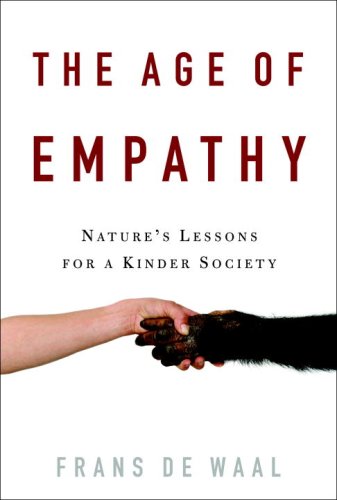Timeline:
- 16 Feb 2009: In Stamford, CT, a 200-pound pet chimpanzee, named Travis, attacks Charla Nash, who loses her eyelids, nose, lips, and hands. Doctors later remove her eyes. Travis is killed on the spot by the police.
- 11 Nov 2009: Oprah shows Charla Nash's face, or absence thereof.
- 7 Dec 2009: Connecticut state attorney David Cohen plans no charges against the chimp's owner.
With disbelief I read the attorney's conclusion: "The investigation has not discovered any evidence that [the owner] was aware of the risk that the chimpanzee posed and disregarded it."
I have written about this horrific attack before. It is not the first one, and unfortunately it won't be the last. Humans have lost limbs, faces, testicles, and other body parts to chimp attacks inside the U.S. and outside. There is no unarmed defense possible against a determined adult male chimpanzee. Even the strongest pro-wrestler featured on television will cry like a baby within seconds when faced with a chimp that is half his size but five times stronger equipped with four hands as well as teeth that are much sharper and bigger than a human's. Let me repeat (because people have openly wondered to me why the victim did not just push that chimp off of her): there is no unarmed defense possible for anyone.
What apes can do to each other in territorial encounters was recently shown in all of its gory detail by the BBC in its series Planet Earth.
So, why did Oprah not discuss the sanity of those who keep adult apes as pets? And why wasn't Travis' case a great opportunity for the state or nation to act? If charging the owner is not legally possible, then why not propose changes in the law? How many more people need to get mutilated or die before we learn that apes don't make good pets? Even monkeys don't make good pets, though they are generally smaller. Primates in general (not to mention lots of other exotic animals -- Americans own 7,000 pet tigers!) simply don't belong in the human home.
Part of the problem is that primates often look cute and attractive to us. They are featured on Hollywood shows with sunglasses and clothes on to produce cheap laughs. Those apes are generally young enough to stay under the control of a trainer who, needless to say, uses lots of negative reinforcement. As soon as these apes grow up they are quietly "retired" from show business.
Even though most of my own writing is on how nice primates can be to each other and their capacity for peacemaking, empathy and morality, I have the greatest respect for their aggressive potential. Anyone who works with these wily creatures is fully aware of the danger they pose to each other and to us, which makes it all the more remarkable that most of the time they get along, help each other, and care for the sick and injured in their group.
Come to think of it, there is one other primate with a huge aggressive potential but also remarkable prosocial capacities, and that's the one reading this blog.
We urgently need changes in the laws of pet ownership.







No comments:
Post a Comment